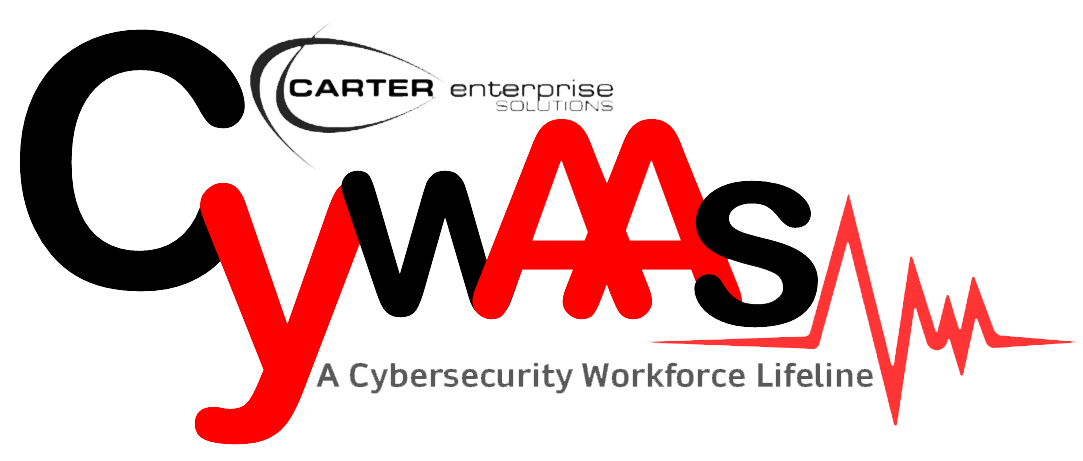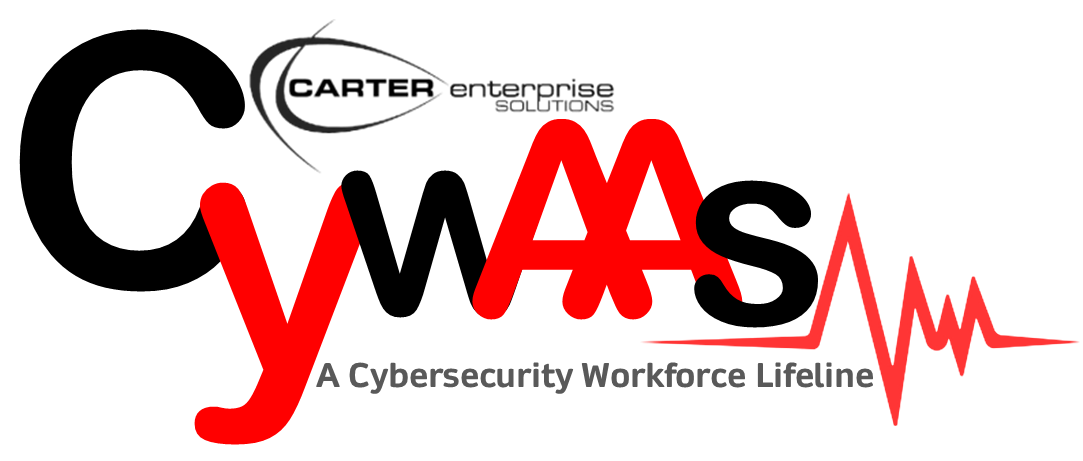Job Description:
We are looking for a talented AI Software Developers to join our dynamic team. The ideal candidate will have a background in software development, with expertise in artificial intelligence and machine learning technologies. As an AI Software Developer, you will play a key role in designing, developing, and deploying AI-powered applications and solutions that address real-world challenges.
Responsibilities:
- Collaborate with cross-functional teams to understand business requirements and translate them into technical specifications and AI solutions.
- Design, develop, and implement AI algorithms and models, including machine learning, deep learning, natural language processing, and computer vision techniques.
- Write clean, efficient, and maintainable code using programming languages such as Python, Java, or C++, and AI/ML libraries and frameworks (e.g., TensorFlow, PyTorch, scikit-learn).
- Collect, preprocess, and analyze data to train and evaluate AI models, and optimize model performance, accuracy, and scalability.
- Develop and integrate AI capabilities into software applications, platforms, and services, ensuring compatibility, reliability, and performance.
- Collaborate with data scientists, engineers, and product managers to prototype, test, and iterate on AI solutions, and incorporate user feedback and requirements.
- Stay updated on the latest advancements in AI, machine learning, and related technologies, and contribute to research and development efforts.
- Document technical designs, implementation details, and best practices, and provide technical support and guidance to team members.
- Associates, Bachelor's degree in Computer Science, Engineering, Mathematics, or related field. Advanced degree (Master's or Ph.D.) preferred.
- years of experience in software development, with a focus on AI/ML development and implementation.
- Proficiency in programming languages such as Python, Java, or C++, and experience with AI/ML libraries and frameworks.
- Solid understanding of machine learning algorithms, deep learning architectures, and neural network models.
- Experience with data preprocessing, feature engineering, and model evaluation techniques, as well as knowledge of software engineering principles and best practices.
- Strong problem-solving skills, analytical thinking, and attention to detail.
- Excellent communication and collaboration abilities, with the ability to work effectively in a team environment.
- Certified TensorFlow Developer
- AWS Certified Machine Learning Specialty
- Microsoft Certified: Azure AI Engineer Associate
- Google Cloud Professional Data Engineer
- IBM Data Science Professional Certificate
- Distributed Computing: Knowledge of distributed computing frameworks such as Apache Spark or Apache Flink can be valuable for processing large-scale datasets and implementing parallelized machine learning algorithms efficiently.
- Containerization and Orchestration: Familiarity with containerization technologies like Docker and container orchestration platforms like Kubernetes can facilitate the deployment and management of AI applications in scalable and portable environments.
- Model Deployment and Serving: Experience with model deployment frameworks and platforms such as TensorFlow Serving, ONNX Runtime, or Seldon Core can enable seamless integration of AI models into production systems and real-time inference.
- Version Control: Proficiency in version control systems such as Git and collaborative development platforms like GitHub is essential for managing codebase changes, tracking experiments, and fostering collaboration among team members.
- DevOps Practices: Understanding of DevOps principles and practices, including continuous integration, continuous deployment, infrastructure automation, and monitoring, can streamline the development, deployment, and maintenance of AI applications.
- Knowledge Graphs: Familiarity with knowledge graph technologies and graph-based data representations can be beneficial for modeling complex relationships and entities in AI applications, such as recommendation systems or semantic search.
- Explainable AI (XAI): Awareness of techniques and methodologies for explainable AI, such as model interpretability, feature importance analysis, and adversarial robustness, can help ensure transparency, trustworthiness, and accountability in AI systems.
- Domain-Specific Expertise: Specialized knowledge or experience in specific domains such as healthcare, finance, cybersecurity, or autonomous vehicles can provide valuable insights and context for developing domain-specific AI solutions and addressing industry-specific challenges.
- Data Visualization: Proficiency in data visualization tools and libraries such as Matplotlib, Seaborn, or Plotly can facilitate the exploration, analysis, and communication of insights derived from AI models and datasets to stakeholders.
- Soft Skills: Strong interpersonal skills, teamwork, adaptability, and a growth mindset are essential for collaborating effectively with multidisciplinary teams, navigating ambiguity, and embracing continuous learning and improvement in a rapidly evolving field.


